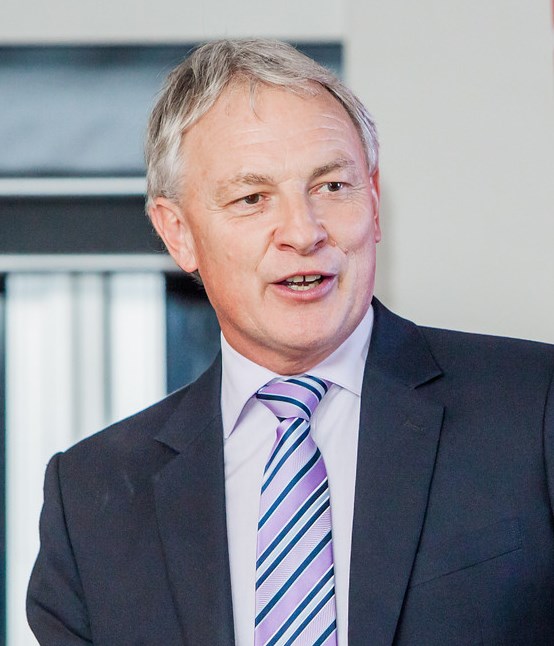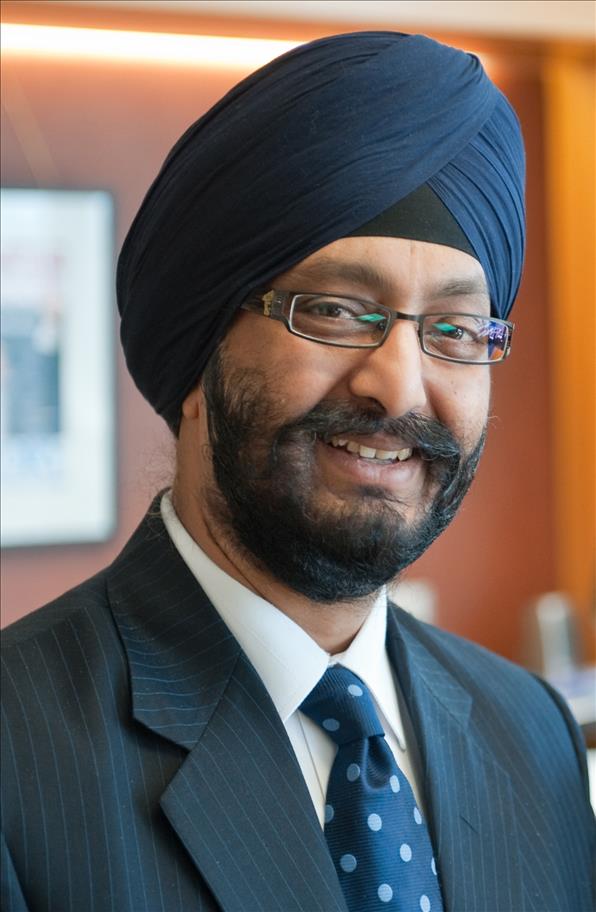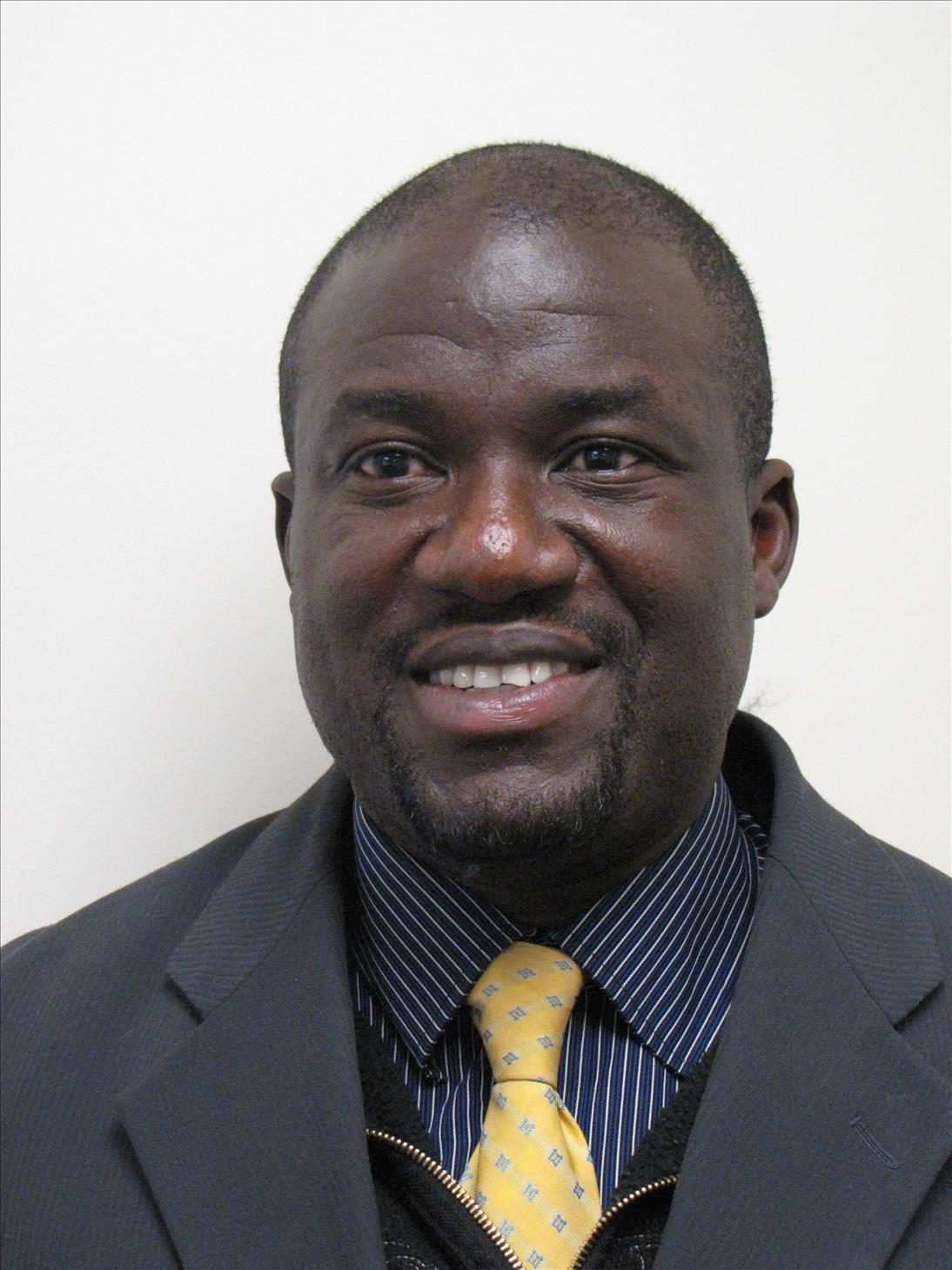The Auckland Council has proposed to make a number of changes to the bylaws governing Council-owned cemeteries and crematoria.
An official notification said that while the Council is obliged to review the existing bylaws by October 31, 2015, its new proposals would become effective from November 1, 2014.
Some of the changes would directly affect the Hindu communities since they cover such sensitive issues as funeral time and scattering of ashes. Although the new bylaws are not applicable to privately owned and managed facilities, public reaction has been sharp. The following are some opinions received by us.

Phil Goff
MP and Labour’s Ethnic Affairs Spokesman
Plans to make grieving families seek permission before scattering the ashes of loved ones and charge them for the privilege need to be reconsidered.
“Auckland Council plans seem heavy-handed, unnecessary and bureaucratic. There has been insufficient consultation with the public and in particular with the ethnic communities before proposing the restrictions. Nor has the Council made a solid case for why the restrictions are necessary.
There are no health considerations because cremations are carried out at 800 degrees temperatures and families almost always conduct the scattering of their loved ones’ ashes with care and consideration.
The last thing we want to impose on grieving families are bureaucratic procedures, long time delays and additional expenses all for the simple duty of scattering the ashes of their loved ones.
I understand that in former Council areas like Waitakere, Papakura and Frankton, there were no restrictions imposed for scattering of ashes and I am yet to see any evidence of this causing any widespread problem.
The Council also seems unaware of Hindu customs about the importance of scattering ashes within a time-period after cremation and the impact the proposed restrictions would have on their community.
I have also been made aware of another important and unnecessary restriction of preventing more than two people attending the placing of the casket in the cremator. This cuts across Indian Hindu cultural tradition, according to which all the male children of the deceased are normally involved.
I have written to the Auckland Mayor asking that the Council should think again. At the very least, the Council should consult widely with the public and with ethnic organisations and religious and cultural groups before taking a final decision. The present Council decision is more likely to create problems than resolve any.
*

Kanwaljit Singh Bakshi
National MP
The changes proposed to Auckland’s cemetery and cremation bylaws by Auckland Council fail to consider the overall impact this will have on diverse communities.
But they are likely to have direct impact on the Indian community and this worries me.
It is customary to have four members of the immediate family to carry the casket in to the cremator. The Council bylaw limits that to two.
It is also part of the Indian tradition to scatter ashes into a river or sea. The Council bylaw further restricts areas where ashes can be scattered.
The Council is well aware of the cultural needs of the Indian Community and that is why I strongly encourage them to take these views into consideration when making decisions.”
Ethnic communities are an essential part of the fabric of Auckland as city. Any decision that has such impact on areas of such cultural sensitivity ought to be made after active consultation with these communities.
As a member of the Indian community, I intend to submit to the Council to express my personal concerns about the proposed changes and I encourage you to do so also.
*

Tayo Agunlejika
Executive Director
Multicultural New Zealand
Multicultural New Zealand (the New Zealand Federation of Multicultural Council) has written to the Mayor of Auckland expressing our extreme concern about some aspects of the proposed Cemeteries and Crematoria Bylaw.
Submissions have now closed, but the proposal was not brought to our intention until now and one of our key concerns is that the Committee did not actively seek the views of diverse religious and cultural groups before publishing its proposals.
In fact, the discussion document barely makes mention of the religious and cultural issues that are of concern to the groups that we represent. It simply asserts that the Bill of Rights provisions in relation to religious and cultural rights are not breached by the proposal, without any discussion.
The absence of such prior consultation is evident in the almost total lack of reference to the impact of the proposals on religious and cultural minorities. We would have expected more from the Auckland Council, which represents by far the most diverse population in New Zealand.
We are supportive of the attempts to achieve consistency across the Auckland region in relation to cemeteries and crematoria, but this should not be at the expense of basic freedoms of religion and culture and nor impose unnecessary restrictions on their practice.
This site uses Akismet to reduce spam. Learn how your comment data is processed.

